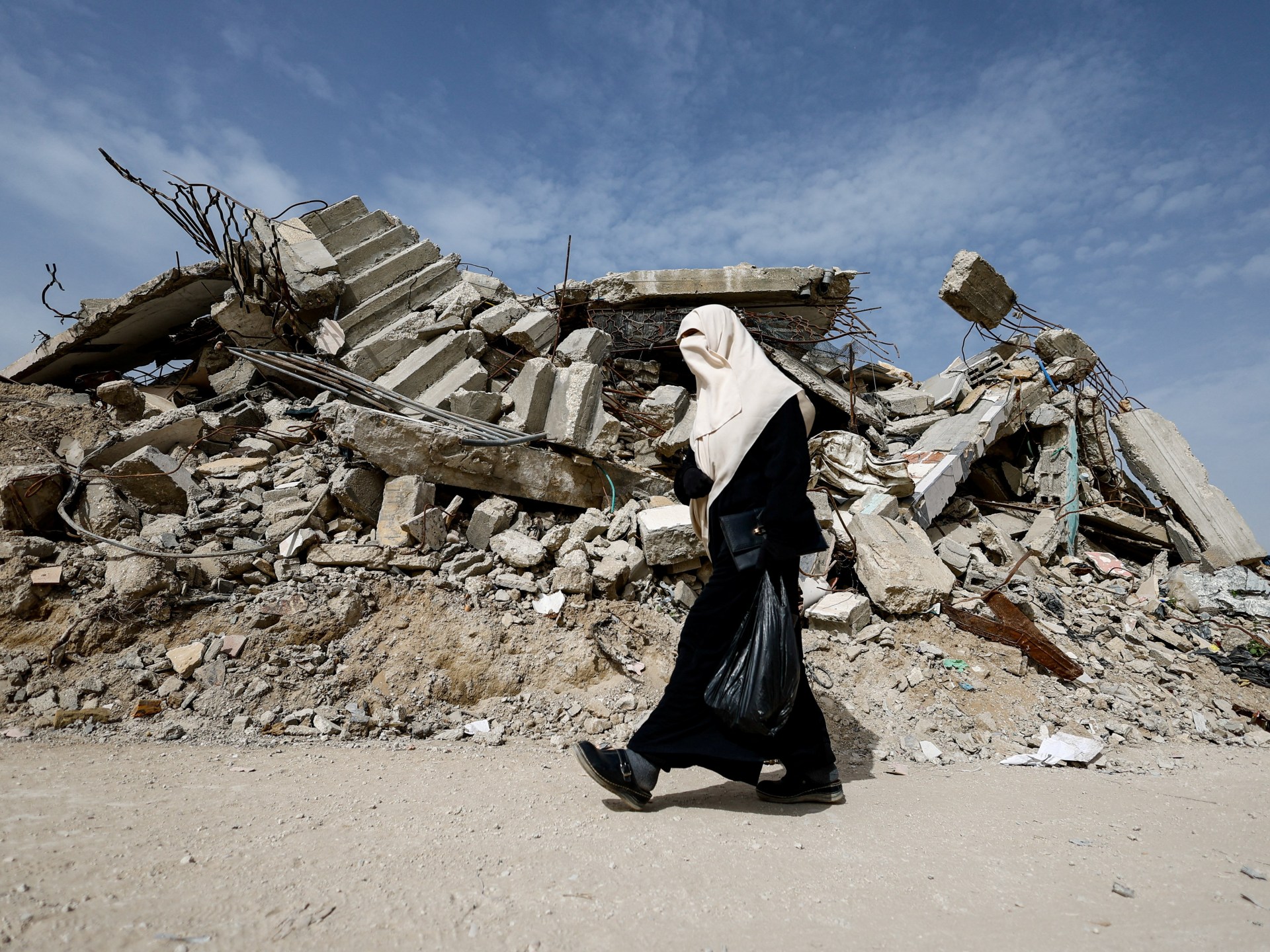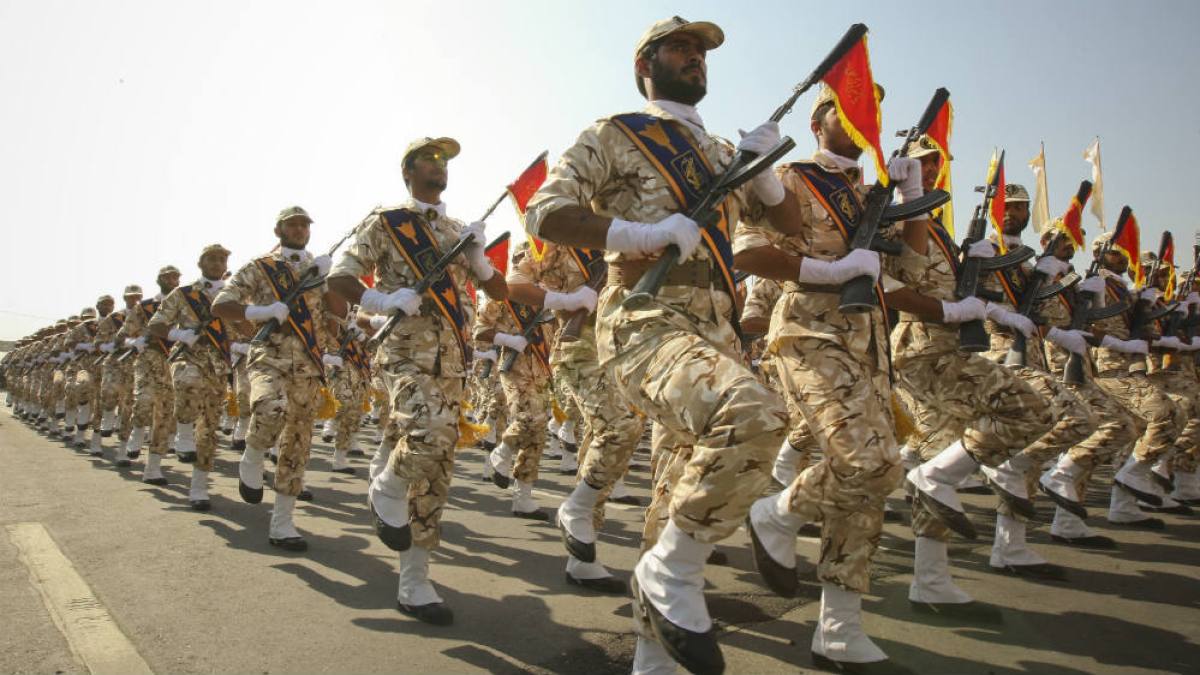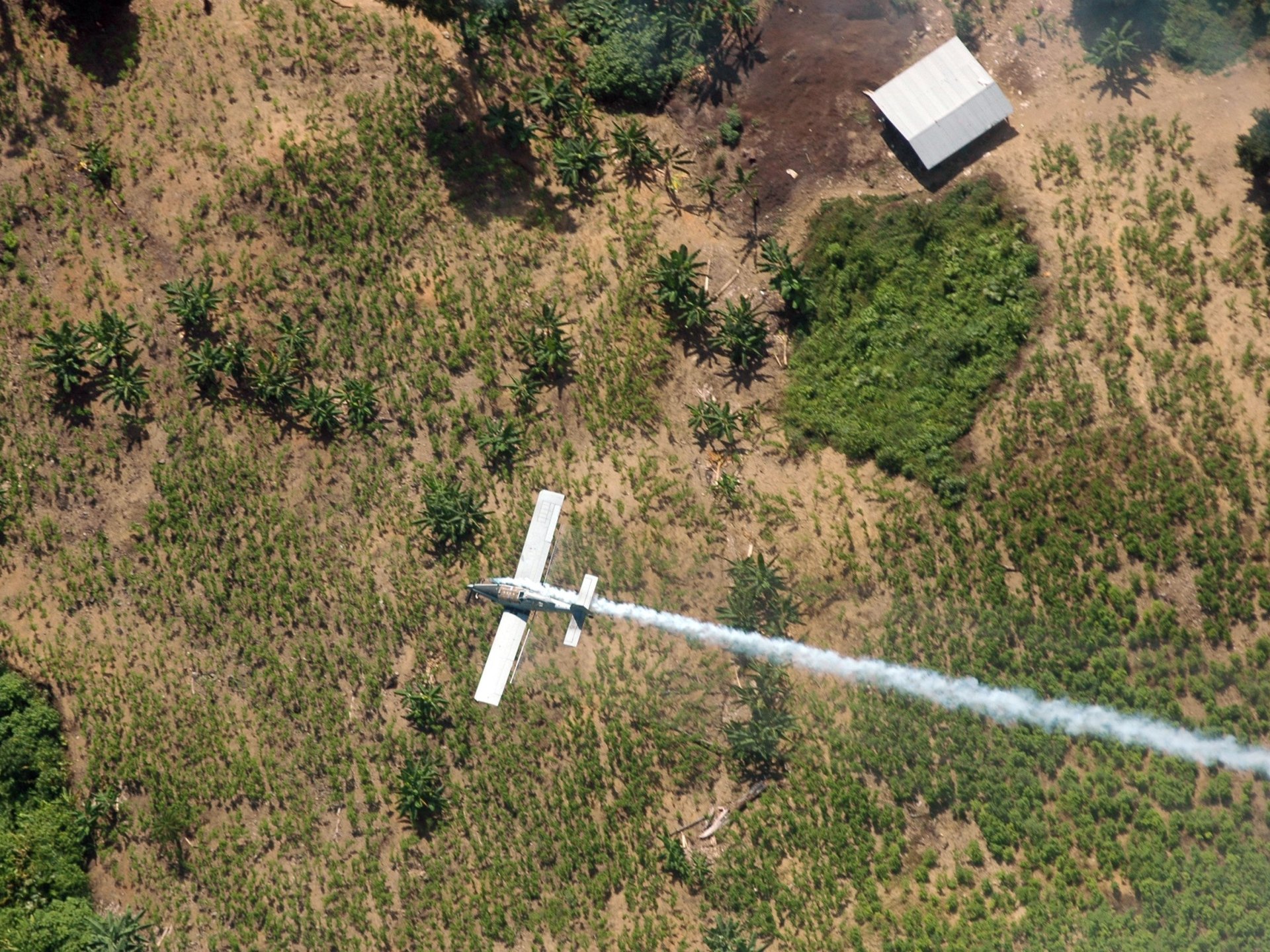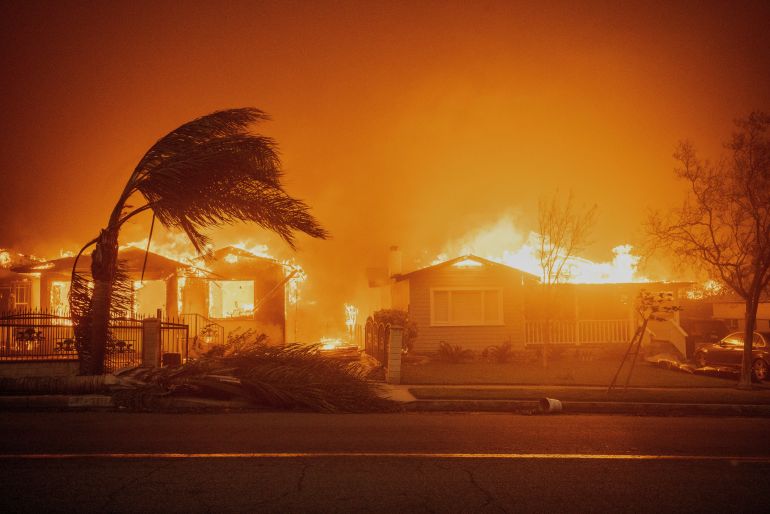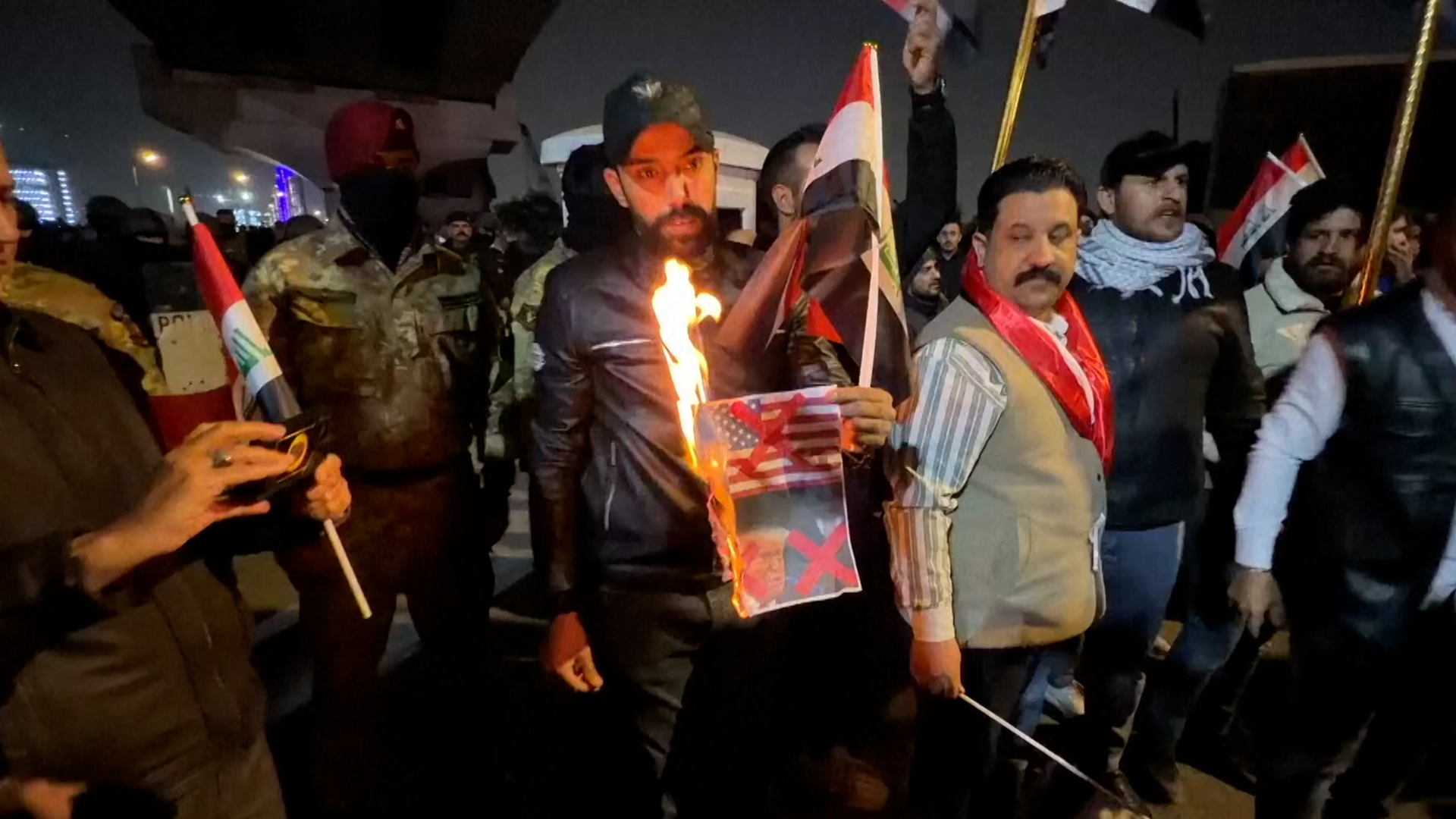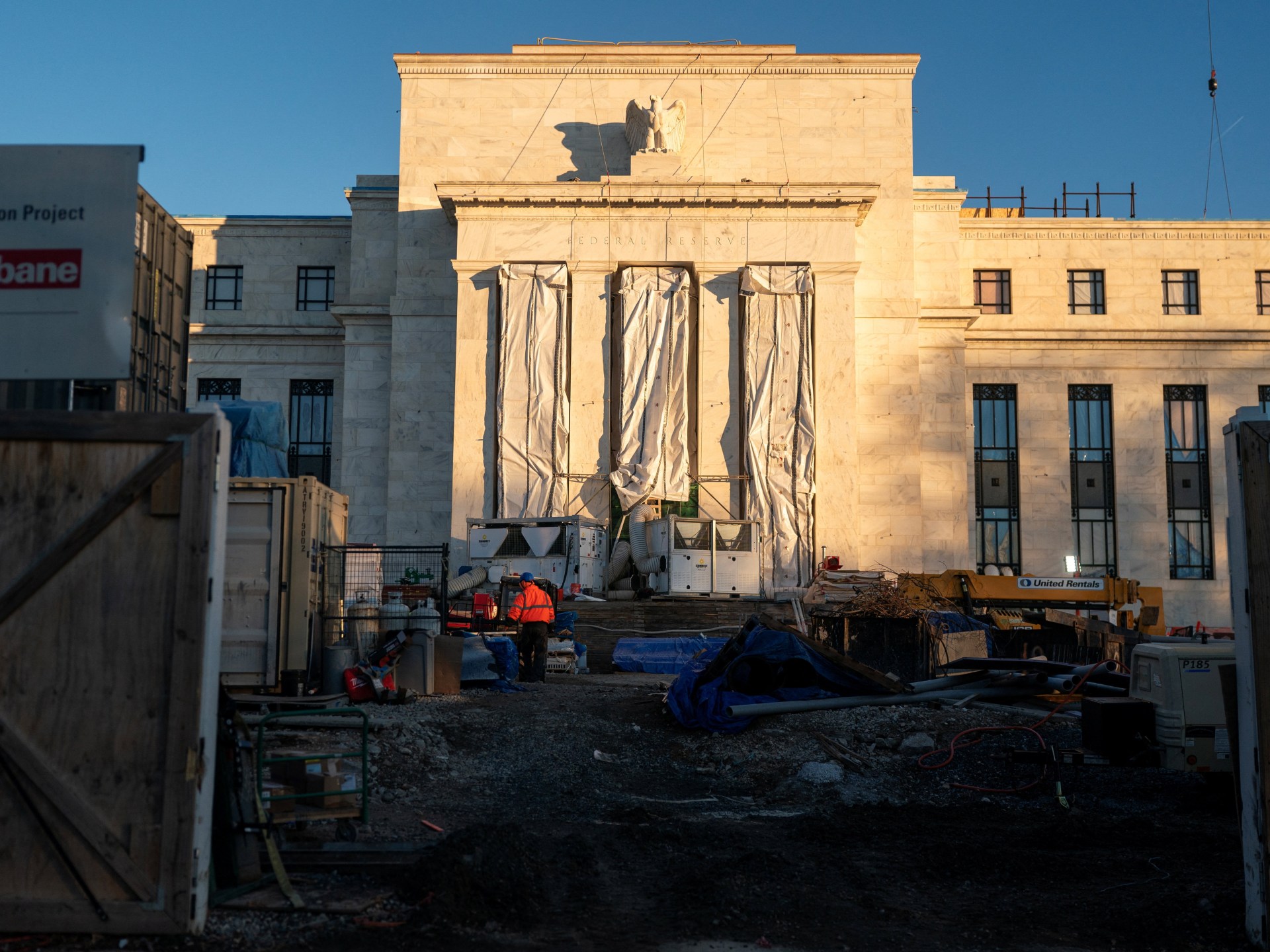Israel’s Supreme Court has postponed a decision on whether to allow foreign journalists independent access to Gaza, in the latest delay of a legal battle that has stretched over a year.
The court granted the government until March 31 to respond to the petition filed by the Foreign Press Association, despite state attorneys failing to provide detailed justifications beyond citing security risks.
Recommended Stories
list of 3 itemsend of list
The decision extends a policy that has barred foreign correspondents from entering Gaza to report on conditions there, unless reporters are prepared to embed with the Israeli army.
At the hearing on Wednesday, justices appeared frustrated with the government’s explanations for maintaining the blanket ban on independent press access, which has remained in place since Israel launched its genocidal war against the Palestinian people of Gaza following the Hamas-led attack on October 7, 2023.
A ceasefire took effect in October 2025, though Israel has continued carrying out attacks, which have killed more than 400 people.
Justice Ruth Ronen rejected the state’s arguments, insisting that “it is not enough to cite ‘security risks’ without providing details” and noting there had been “a very significant change on the ground” since the ceasefire.
The FPA’s legal team was barred from attending or accessing the material presented to the judges.
The FPA, which represents 370 journalists from 130 media outlets, said it was “deeply disappointed that the Israeli Supreme Court has once again postponed ruling on our petition for free, independent press access to Gaza.”
“All the more concerning is that the court appears to have been swayed by the state’s classified security arguments,” the FPA added, calling the closed-door process one that “offers no opportunity for us to rebut these arguments and clears the way for the continued arbitrary and open-ended closure of Gaza to foreign journalists.”
This marks the ninth extension granted to the government since the petition was filed in September 2024.
Just days earlier, on January 25, Israel extended its shutdown of Al Jazeera’s operations for another 90 days, citing national security threats the network denies.
US plan for Gaza demilitarisation
The postponement comes as mediators continue to press for progress in the US-backed plan to end Israel’s war on Gaza.
At the UN Security Council, the United States said it had unveiled plans for an “internationally funded buyback” programme to disarm Hamas as part of Gaza’s demilitarisation, which is a key element in the second phase of the US-backed plan.
US Ambassador to the UN Mike Waltz told the Security Council on Wednesday that “international, independent monitors will supervise a process of demilitarisation of Gaza to include placing weapons permanently beyond use through an agreed process of decommissioning”, supported by the buyback scheme.
Hamas still controls just under half of the territory in Gaza beyond the Yellow Line, where Israeli forces remain present.
The second phase of the US plan will also require the Israeli army to withdraw, though Israeli Prime Minister Netanyahu said demilitarisation would have to come before any further progress on the ceasefire.
